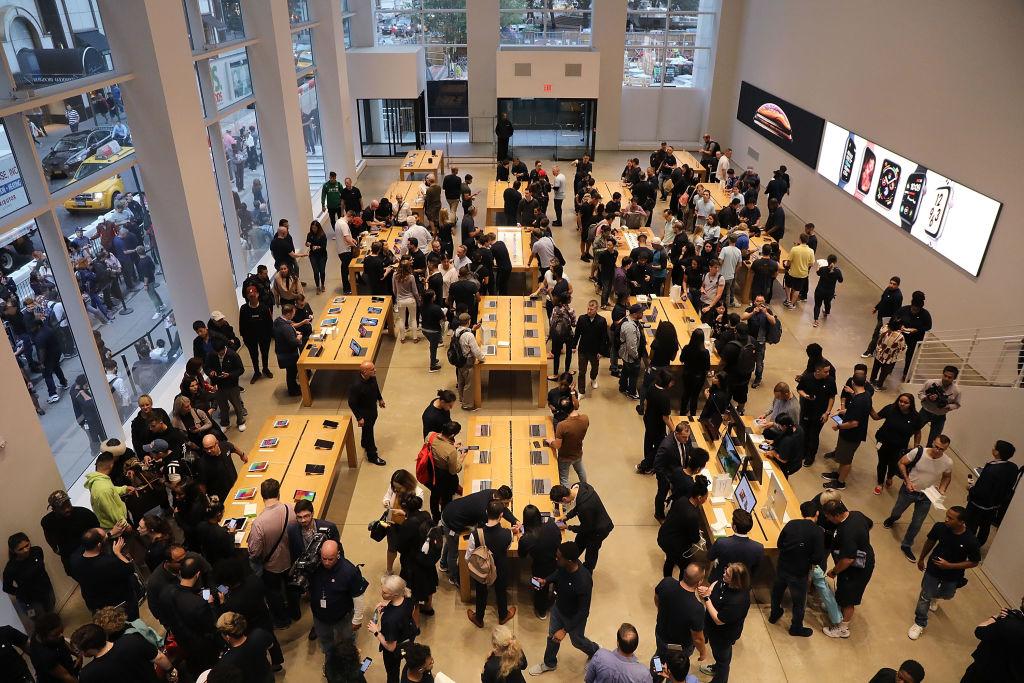Apple is in trouble for its anti-union busting practices at one of its 270 stores in the United States.
On June 20, a National Labor Relations Board (NLRB) judge, Lauren Esposito, ruled that the tech giant violated their employees’ rights by interfering with unionization efforts at the World Trade Center (WTC) location in New York City, reported Bloomberg.





